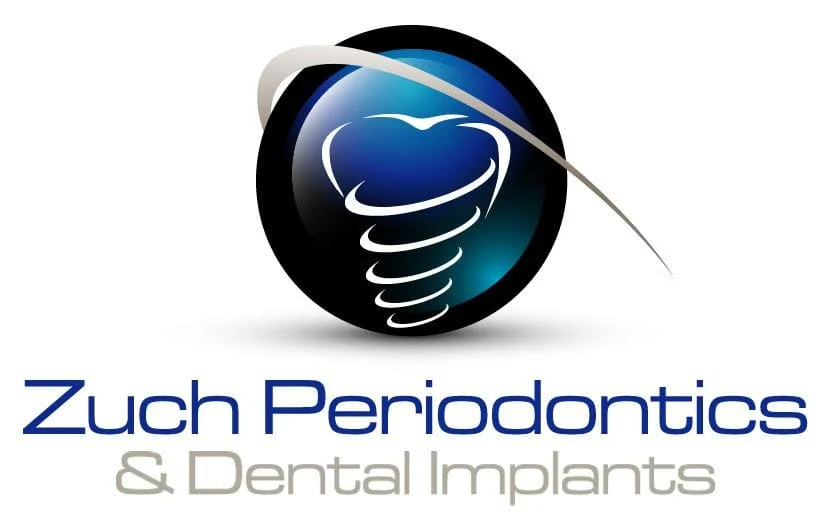The Periodontal Message to Society
Periodontal (gum) diseases, including gingivitis and periodontitis, are serious infections that, left untreated, can lead to tooth loss. The word periodontal literally means “around the tooth.” Periodontal disease is a chronic bacterial infection that affects the gums and bone supporting the teeth. Periodontal disease can affect one tooth or many teeth. It begins when the bacteria in plaque causes the gums to become inflamed.
Gingivitis is the mildest form of periodontal disease. It causes the gums to become red, swollen, and bleed easily. There is usually little or no discomfort at this stage. Gingivitis is usually caused by inadequate oral hygiene. Gingivitis is reversible with professional treatment and good oral home care.
Untreated gingivitis can advance to periodontitis. With time, plaque can spread and grow below the gum line. Toxins produced by the bacteria in plaque irritate the gums. Then toxins stimulate a chronic inflammatory response in which the body in essence turns on itself and the tissues and bone that support the teeth are broken down and destroyed. Gums separate from the teeth, forming pockets (spaces between the teeth and gums) that become inflected. As the disease progresses, the pockets deepen and more gum tissue and bone are destroyed. Often, this destructive process has very mild symptoms. Eventually, teeth can become loose and may have to be removed.
Infections in the mouth can play havoc elsewhere in the body. Evidence suggests that people with periodontal disease are at higher risk for developing heart disease, stroke, uncontrolled diabetes, preterm births, and respiratory disease. Periodontal bacteria can enter the blood stream and travel to major organs and begin new infections.
There is an association between periodontal diseases and other chronic inflammatory conditions, such as diabetes, cardiovascular disease and Alzheimer’s disease. There are also positive correlations between stress, depression and periodontal disease. Studies firmly support both the biological and behavioral mechanisms for this periodontal–systemic connection. Therefore, treating inflammation may not only help manage periodontal diseases, but may also help with the management of other chronic inflammatory conditions.
While studies indicate that older people have the highest rates of periodontal disease and need to do more to maintain good oral health, gingivitis (the first stage of periodontal disease) is nearly a universal finding in children and adolescents. Advanced forms of periodontal disease are rarer in children than adults, but can occur.
Tobacco use may be one of the most significant risk factors in the development and progression of periodontal disease. In addition, following periodontal treatment or any type of oral surgery, the chemicals in tobacco can slow down the healing process and make the treatment results less predictable.




